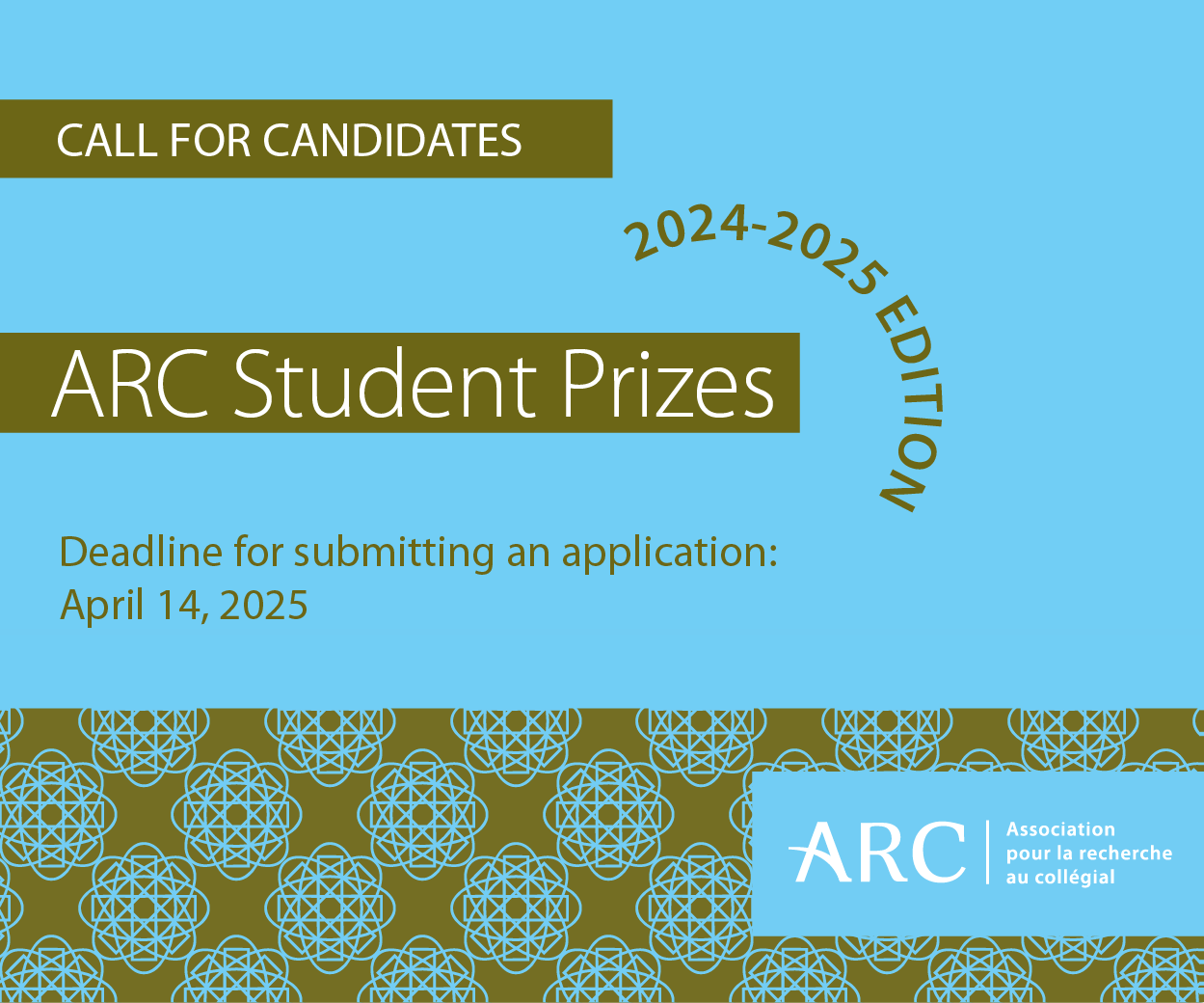It might not be a stretch to think Alberta has become somewhat of a disaster central.
Although it might be a brutal way to learn, experts say that amid all the devastation and recovery lie opportunities. Severe events provide training tools to prepare us for the next inevitable disaster.
Dr. Caroline McDonald-Harker, PhD, director of MRU's Centre for Community Disaster Research (CCDR), began research in the field after the 2013 Southern Alberta floods.
"Canada had not experienced, up until that point, a significant number of disasters," says the associate professor of sociology. "It was still quite new from the Canadian context."
The CCDR was created to fill that need for evidence-based research from which organizations can understand, prepare for, recover from and develop policy around disasters.
"I don't think any of us thought, 11 years ago, there would be this many disasters," she says.
As anyone living in Alberta knows, they just keep happening.
Alberta is a hotbed on the Canadian landscape and is home to three of the top four of the nation's 2023 Top 10 list of the most costly natural disasters.
In 2016, wildfire ripped through Fort McMurray, forcing nearly 90,000 to flee the community. In 2020, the global COVID-19 pandemic, more often described as a crisis, hit. That same year a huge hailstorm hit the northern parts of Calgary, leading to $1.2 billion in insured damages. Another whale of a storm at the beginning of August is expected to be just as costly.
Earlier this summer Calgary's water crisis struck and continues today. In July, wildfires roared into Jasper, causing the complete evacuation of the town.
An underlying theme?
"We've seen that time and time again with disasters people do come together in moments of crisis, " McDonald-Harker says. "I personally think, despite living in a very hedonistic world that focuses on individuals, people deep down are good."
That is backed by research.
Disasters don't divide people
MRU disaster expert Dr. Timothy Haney, PhD, says disaster research dates back to the '50s when the U.S. government wanted to predict what survivors might do if the Soviets dropped a nuke on the States.
"They figured it probably was not very ethical to drop a test nuke," the professor says.
Instead, scientists relied on research gleaned after hurricanes and tornadoes to debunk "the perception disasters fuel the worst in us shooting, rioting and every person for themselves" with the enduring finding "that panic and disorder typically doesn't happen."
Real-life illustrates that rather than rampant greed, resource-hoarding and violence unfolding disasters unite people.
"The flood, Jasper, COVID, people do things for one another," he says. "The optimist in me thinks that it is human nature, that we care about one another. The social scientist thinks it's about reciprocity. We take care of our neighbors because we think we may need them one day."
Haney benefitted from that kind of prosocial behaviour first hand after Hurricane Katrina hit New Orleans where he saw the best of people at the worst of times. Although it was nearly two decades ago, living through it still affects him.
"I find myself far less attached to things or possessions," he says.
Although it likely left anxiety, as disasters do, it also taught him to be better prepared.
Lessons linger
McDonald-Harker says a byproduct of disasters is often a change in behaviours to lower impact on the environment we all share.
After the 2013 floods, for instance, her research found some families "became more aware of their susceptibility to disasters and the need to consider and mitigate such risks by focusing more on the environment."
Other, well-intentioned parents assured their children the flood was an extremely rare event that was unlikely to repeat in their lifetime. It could be comforting in the short-term, perhaps, but didn't allow them to prepare for the eventuality of another disaster unfolding.
"Guess what just happened three years later? The Fort McMurray wildfire happened," she says.
In many cases McDonald-Harker says resilience is often a post-disaster take-away.
"Resilience is elastic, like a muscle that can be strengthened. It's not either you have it or you don't. It can be learned and something individuals can practice," she says. "The more we go through disasters the more we can learn and can be better prepared. It's not all doom and gloom."
"Lots of research shows the opportunity to grow from very difficult circumstances like disasters."
The openness employed by Calgary city officials during the water crisis forged trust with Calgarians who, for the most part, relied on them for the facts
Its messaging, along with restrictions and encouraging Calgarians to reduce their water usage was "a contribution to the collective good," which promoted greater uptake, she adds.
Because disasters increase risk perception for some, Haney says it is directly related to some taking steps to mitigate potential perils.
Sadly, it can also heighten anxiety.
"In Calgary, after the flood, people told us they were going to bed fully dressed with shoes on because if they wake up in the middle of night they want to be ready to run. Like so many things in life, it's a double-edged sword," he says.
So, after the floods, the fires and such are we more disaster proof? Not really, but we are better poised than places not so experienced.
Far from being inevitable and immune to human efforts, Haney says disasters do not happen randomly.
"For centuries, people have said they are acts of God, but the reality is that there are many human decisions that place people at risk. It's a human decision to build houses in a floodplain and to build communities at the urban wildland interface, which puts them at risk for wildfires," he says.
He says substantial research shows climate change is the new global reality, with Alberta predicted to warm by four degrees by 2050, double the world's rate.
A collective decision to emit carbon into the atmosphere will continue to have consequences and set humans up for an uncertain future, he says.
"The more warming, the more extreme events we get. Some of our big risks here are drought, wildfire and water scarcity. And climate change makes pandemics more likely to occur in the first place," he says. "I wish this wasn't the case, but I'm in a growth industry."













